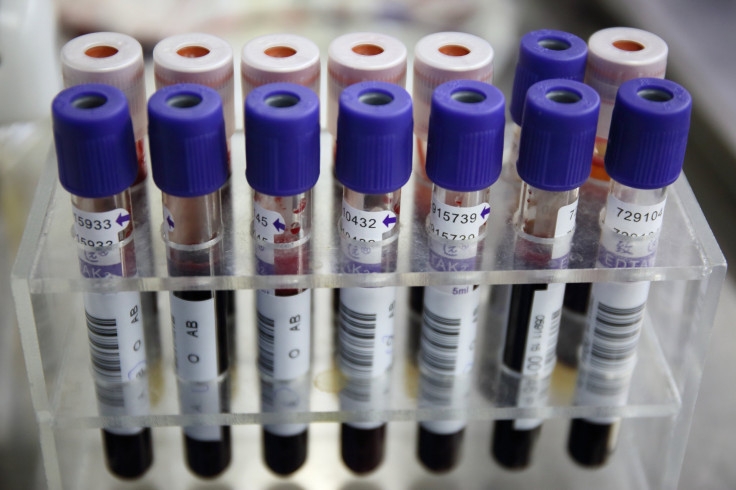RNA Blood Work Used To Create A Genetic Profile For Predicting Alzheimer’s And Other Diseases

Commonly, we use birth dates to judge whether people are young, qualified, and even healthy. Yet, chronological age often has little to do with biological age or biological ability. Aiming to define what represents healthy aging for 65-year-olds, researchers say they have developed a genetic profile (based on simple blood test) that could be used to predict the onset of diseases, including Alzheimer’s, years in advance.
According to the lead author, Dr. James Timmons, King’s College London, a molecular profile reliably indicated biological age thus may serve to complement traditional indicators of disease, such as blood pressure.
“This is the first blood test of its kind that has shown that the same set of molecules are regulated in both the blood and the brain regions associated with dementia,” Timmons stated in a press release, adding that this is why the blood test could be used to diagnose cognitive impairment. “This also provides strong evidence that dementia in humans could be called a type of ‘accelerated aging’….”
Stemming the Tide
In the coming decades, more than 1.2 billion people worldwide will be 65 years or older, Timmons and his colleagues observed, and of these, about seven percent will have dementia while 60 percent of this subset will suffer from Alzheimer’s disease. With no medicines to cure or even halt the progression of Alzheimer’s, scientists must rely on early intervention to impact the disease. Naturally, identifying people who are at highest risk at the earliest possible age would lead to better health care on both a personal and global level. What cost-effective methods, then, could categorize people into risk categories long before the disease takes hold?
Certainly, brain scans provide clear evidence of neurodegeneration, but this diagnostic method is “neither scalable for mass population screening nor sufficiently cost-effective to be practical,” wrote the authors. By comparison, blood RNA (ribonucleic acid) shows much more promise. A molecule within our cells, RNA, along with DNA, helps to carry our inheritable traits from one generation to the next, and the evidence of this nucleic acid in our blood already has been used to distinguish people with mild cognitive impairment and/or Alzheimer’s.
For the current study, Timmons and his co-researchers further explored RNA as a potential diagnostic tool. They analyzed the RNA of healthy 65 year olds, and used the information to develop a signature of 150 RNA genes that might indicate "healthy" aging. The RNA came from participants’ muscle, brain, and skin tissues to form a reliable predictor of age-related disease risk. Based on this RNA signature, the researchers then constructed a “healthy age gene score,” where higher scores would indicate better health.
Next, the researchers studied RNA from healthy 70-year-olds and analyzed their follow-up healthy records over two decades. While all the participants had been born within a year of each other, their blood RNA at age 70 created a wide distribution of gene scores. Greater scores linked to better cognitive health and renal function, both important deciders of mortality, across a 12 year span. And as the original hypothesis suggested, lower gene scores were found among those eventually diagnosed with Alzheimer’s Disease.
“When applied to blood RNA, we established good validation for Alzheimer’s disease diagnosis and selectivity over common age-related pathologies,” wrote the authors. A simple blood test combined with early, beneficial interventions might change the course of a life by preventing the "inevitable" decline in both memory and abilities.
Source: Gallagher IJ, Lunnon K, Rullman E, et al. A novel multi-tissue RNA diagnostic of healthy ageing relates to cognitive health status. Genome Biology. 2015.
Published by Medicaldaily.com



























